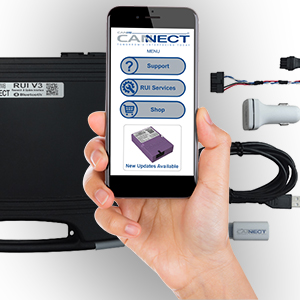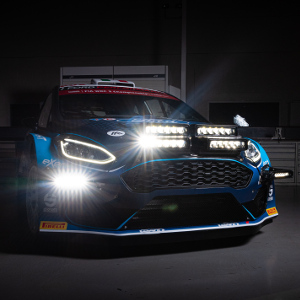Tracey Brown
-
Originally developed by Bosch in the 1980s, CAN (Control Area Network) is a robust system which enables high-speed communications and signals between different systems on a vehicle without the need for complex wiring. An increasing number of manufacturers utilise CAN Bus for managing systems such as lighting, heating, instrumentation, suspension, braking and engine control with separate ECUs which can be linked with a single pair of wires, thus drastically cutting down the total amount of wiring required within a vehicle.
-
Fitting auxiliary lights to a rally car has been around almost since the very first cars started racing. In bad weather, low light conditions and night stages, rally drivers need better visibility of the road ahead and a clear view of the track. The first auxiliary rally car lights were simply additional headlights mounted across the front of the grille or over the bonnet. Look back to rally cars of the 70s and 80s and the traditional bonnet mounted lights became iconic, to the extent that the Lancia Stratos looks positively naked without the four extra rally lights mounted to the front edge of the bonnet. The major downside of this was that it just made the existing field of view brighter, it did not extend or widen the visibility
 Fabriqué au Royaume-Uni
Fabriqué au Royaume-Uni












